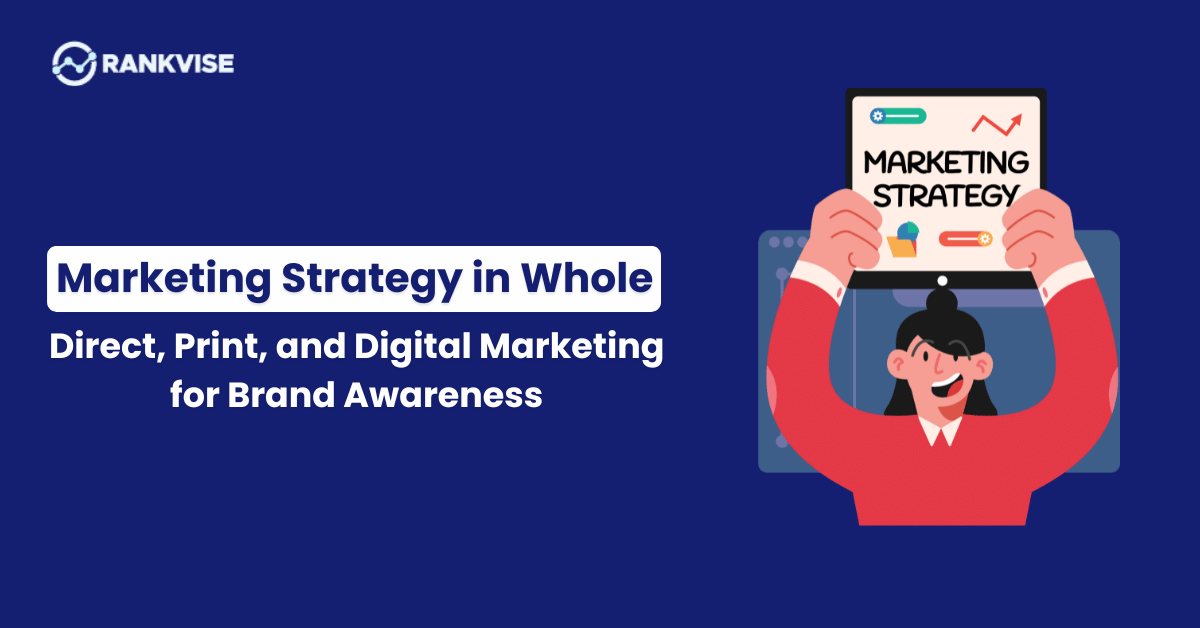With the rapid advancements in technology, digital marketing has been constantly evolving over the past few years. However, with the current pace of change, it’s hard to imagine what the digital marketing landscape will look like in a decade from now. In this blog post, we’ll take a look at some of the emerging trends that could shape digital marketing in 2024.
Artificial Intelligence (AI) will be a game-changer
Artificial Intelligence (AI) is already transforming the way businesses operate, and it’s set to become an even more critical part of digital marketing in the future. AI has the potential to deliver hyper-targeted marketing campaigns to customers in real-time, enabling businesses to personalize their messaging at scale.
With AI-powered personalization becoming the norm, customers will receive tailored content and offers that reflect their individual needs and preferences. AI will also be used to optimize the customer journey, providing a seamless experience across multiple channels and touchpoints. In short, AI is set to be a game-changer in digital marketing, enabling businesses to stay competitive and drive growth.
Virtual and Augmented Reality (VR and AR) will become mainstream
Virtual and Augmented Reality (VR and AR) technologies are already being used in various industries, and they are expected to become even more mainstream in the future. In the next decade, we could see more businesses incorporate VR and AR into their marketing strategies to create immersive experiences for customers.
For example, VR and AR could be used to allow customers to try products before they buy, provide virtual tours of properties, and create interactive product demonstrations. As VR and AR technologies become more accessible, they will provide businesses with a unique opportunity to differentiate themselves, enhance customer engagement, and drive sales.
Voice search will be the norm
Voice search is already rapidly gaining popularity and is set to become even more prevalent in the next few years. With the growth of smart speakers and digital assistants, customers are now relying more on voice search to find products, services, and information online. This trend is likely to continue as voice technology improves, making it easier and more accurate to use.
Businesses that optimize their content for voice search will be better positioned to meet the needs of their customers and stay ahead of the competition. By focusing on long-tail keywords and conversational language, businesses can ensure their content is more discoverable in voice search results.
Personalization will be even more critical
Personalization has become a vital aspect of digital marketing, and it’s set to become even more critical in the future. Customers expect personalized experiences that cater to their specific needs, and businesses that deliver on this expectation will be more successful.
With advances in technology such as AI, businesses can now collect vast amounts of data on their customers and use it to deliver hyper-personalized content and recommendations. Personalization can also help businesses build deeper connections with customers, enhance customer loyalty, and drive repeat business. In the future, businesses that prioritize personalization will be more likely to succeed and achieve their marketing goals.
Social media will continue to be a critical channel
Social media has already transformed the way businesses interact with customers, and it will continue to be a critical channel in the future. With the growing number of users on social media platforms, businesses have an unprecedented opportunity to reach their target audience, build brand awareness, and engage with customers in real-time.
In the next few years, we can expect to see even more businesses incorporating social media into their marketing strategies, leveraging new features such as live video, shoppable posts, and augmented reality filters. By staying active on social media and delivering engaging content, businesses can build loyal followings and drive more traffic and sales to their websites.
Data privacy will be a top concern
As businesses continue to collect more customer data to personalize their marketing efforts, data privacy will become an even more critical concern in the future. Customers are becoming more aware of the risks associated with sharing their personal information online and are demanding more transparency and control over how their data is being used.
In response, businesses will need to prioritize data privacy and take steps to protect customer data. This may include implementing stronger security measures, being more transparent about how data is being collected and used, and giving customers more control over their data. By prioritizing data privacy, businesses can build trust with their customers and avoid potential legal and reputational risks.
Marketing automation will be ubiquitous
Marketing automation is already transforming the way businesses approach digital marketing, and it’s set to become even more prevalent in the future. With the ability to automate repetitive tasks such as email marketing, social media posting, and lead scoring, businesses can save time and increase efficiency.
As automation technology continues to evolve, we can expect to see even more businesses incorporating automation into their marketing strategies. Automation can also help businesses deliver more personalized content and improve the customer experience, leading to increased engagement and conversion rates. In short, marketing automation will be ubiquitous in the future, enabling businesses to be more efficient, effective, and successful in their marketing efforts.
The customer journey will be even more complex
In 2024, the customer journey in digital marketing is expected to become even more complex as businesses increasingly rely on emerging technologies like AI, machine learning, and the Internet of Things (IoT) to understand and engage with their customers. These technologies offer new opportunities for businesses to collect and analyze vast amounts of data from various sources, including social media, web analytics, and customer feedback.
However, this data overload can also make it difficult for businesses to gain actionable insights and deliver a seamless customer experience. As a result, businesses will need to focus on building strong data management and analysis capabilities and leveraging technologies that can help them provide personalized, omnichannel experiences to customers across their journey.
Conclusion
In conclusion, the digital marketing landscape is rapidly evolving and is expected to continue to do so in 2024. Emerging technologies, shifting consumer behaviours, and an increasing focus on data-driven marketing strategies are transforming the way businesses engage with their customers. To remain competitive, businesses will need to adapt to these changes and develop innovative digital marketing strategies that prioritize customer experience and personalization.
Leveraging emerging technologies like AI, machine learning, and IoT will be critical to achieving this, but businesses must also ensure they have strong data management and analysis capabilities to gain meaningful insights. By focusing on these areas, businesses can stay ahead of the curve and deliver exceptional customer experiences in 2024 and beyond.





